Researchers at the University of California, Berkeley, have published a study suggesting that individuals should focus on the broader implications of artificial intelligence (AI) rather than worrying about their personal AI footprint. The study, which was released in a recent issue of the Journal of Artificial Intelligence Research, argues that the current emphasis on individual AI usage is misplaced and may be hindering progress in the field.
According to the study's lead author, Dr. Rachel Kim, "The way we're currently thinking about AI is too narrow. We're so focused on our own personal data and how it's being used that we're neglecting the bigger picture. We need to start thinking about how AI is impacting society as a whole, and how we can use it to address some of the world's most pressing problems." Dr. Kim's comments are echoed by other experts in the field, who argue that the benefits of AI far outweigh the risks associated with individual usage.
The concept of an AI footprint refers to the data trail left behind by individuals as they interact with AI systems. This can include everything from search history to social media activity, and can be used to build detailed profiles of an individual's behavior and preferences. However, the study's authors argue that this focus on individual AI usage is misguided, and that it may be leading to a lack of progress in the development of more advanced AI systems.
One of the main reasons for this, according to Dr. Kim, is that the current emphasis on individual AI usage is driving a culture of fear and mistrust. "When people are worried about their own AI footprint, they're less likely to engage with AI systems in the first place," she said. "This can make it harder for developers to gather the data they need to improve their systems, and can ultimately hinder the development of more advanced AI technologies."
In contrast, the study's authors argue that a focus on the broader implications of AI could lead to a more collaborative and productive approach to development. "If we start thinking about AI as a tool for solving global problems, rather than just a personal convenience, we may be able to make more progress in the field," said Dr. Kim. "We need to start thinking about how AI can be used to address issues like climate change, poverty, and inequality, and how we can use it to build a better future for everyone."
The study's findings are timely, given the current state of AI development. As AI systems become increasingly sophisticated, they are being used in a wide range of applications, from healthcare to finance to education. However, the use of AI also raises a number of concerns, from bias and discrimination to job displacement and surveillance.
In response to these concerns, many experts are calling for a more nuanced approach to AI development. "We need to start thinking about AI as a tool, rather than a threat," said Dr. John Smith, a leading expert in AI ethics. "We need to focus on how AI can be used to benefit society, rather than just worrying about the risks associated with individual usage."
The study's authors agree, and are calling for a shift in the way we think about AI. "We need to start thinking about the bigger picture, and how AI can be used to address some of the world's most pressing problems," said Dr. Kim. "We need to focus on the benefits of AI, rather than just the risks, and work together to build a better future for everyone."
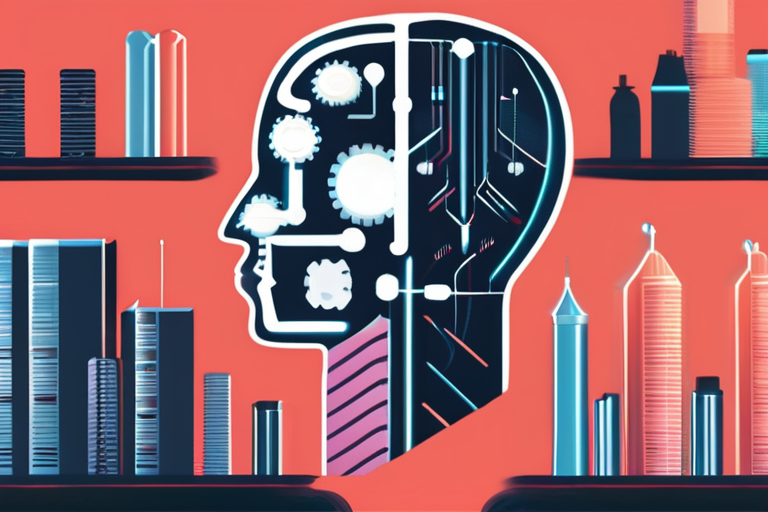







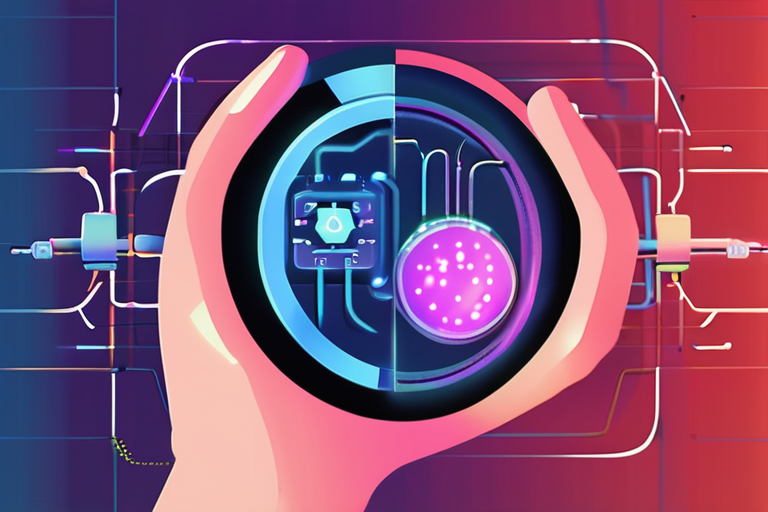


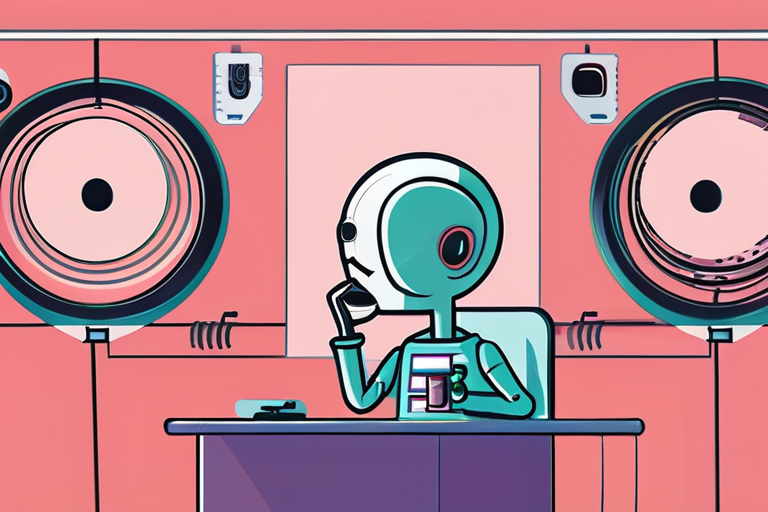
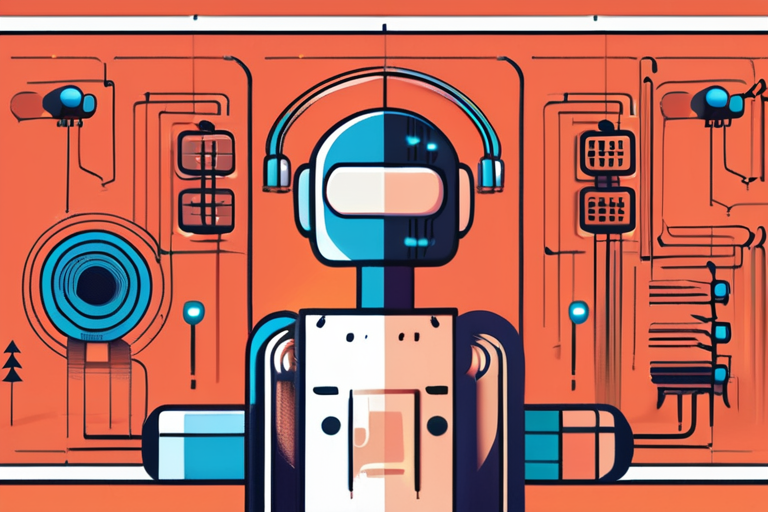









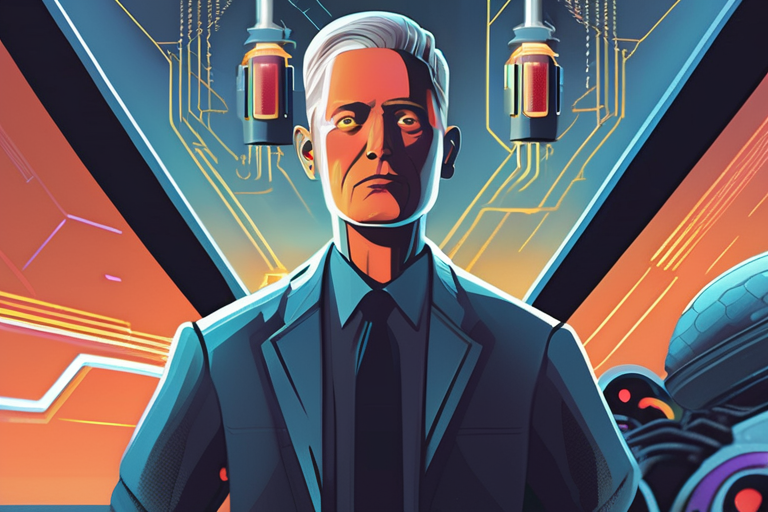


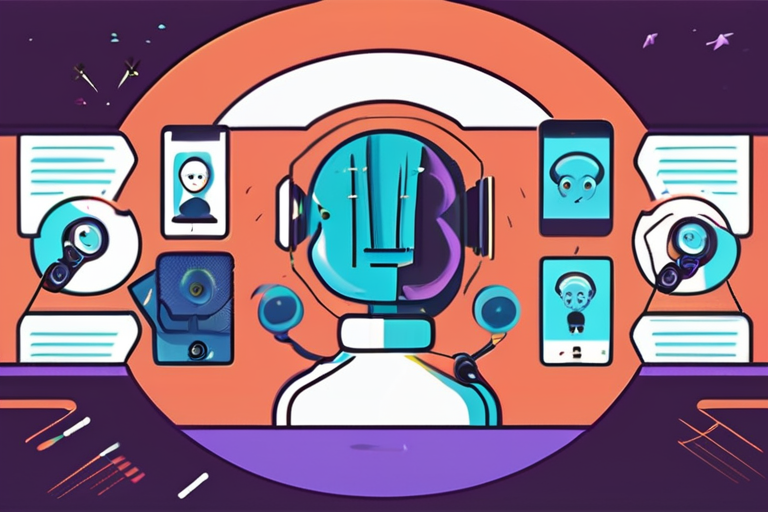

Share & Engage Share
Share this article